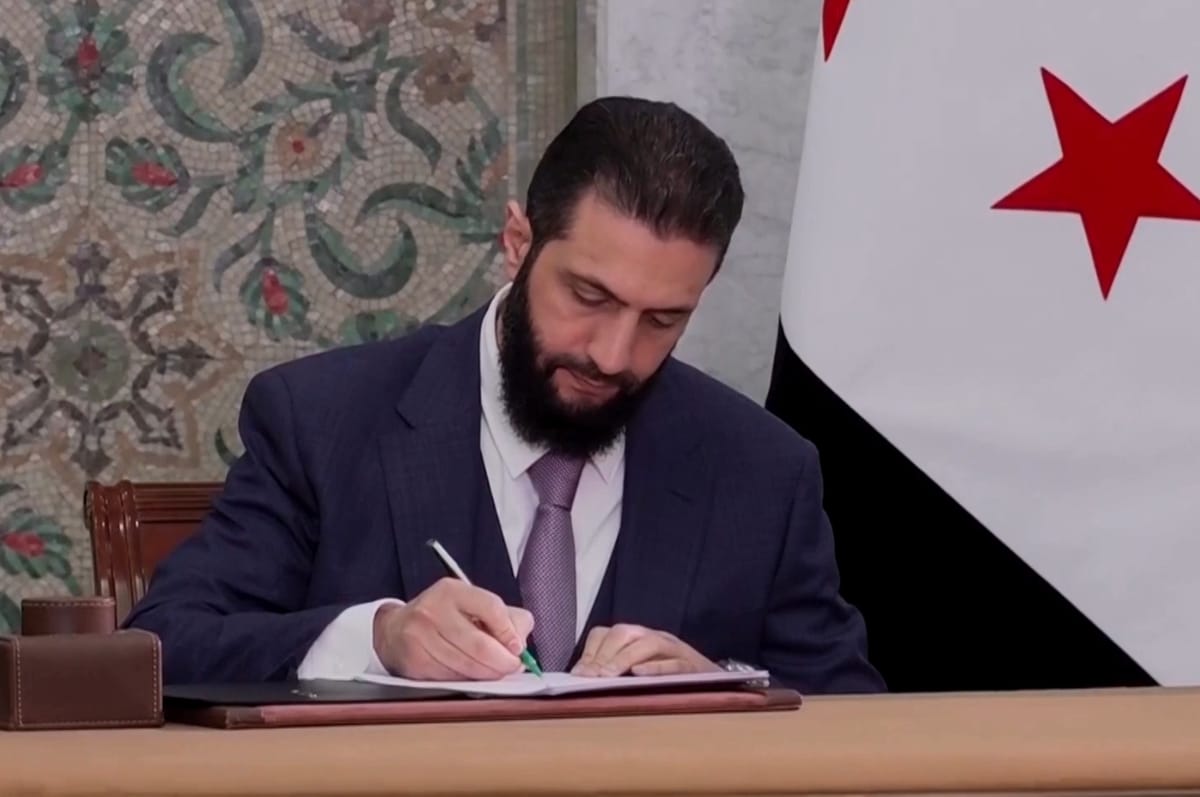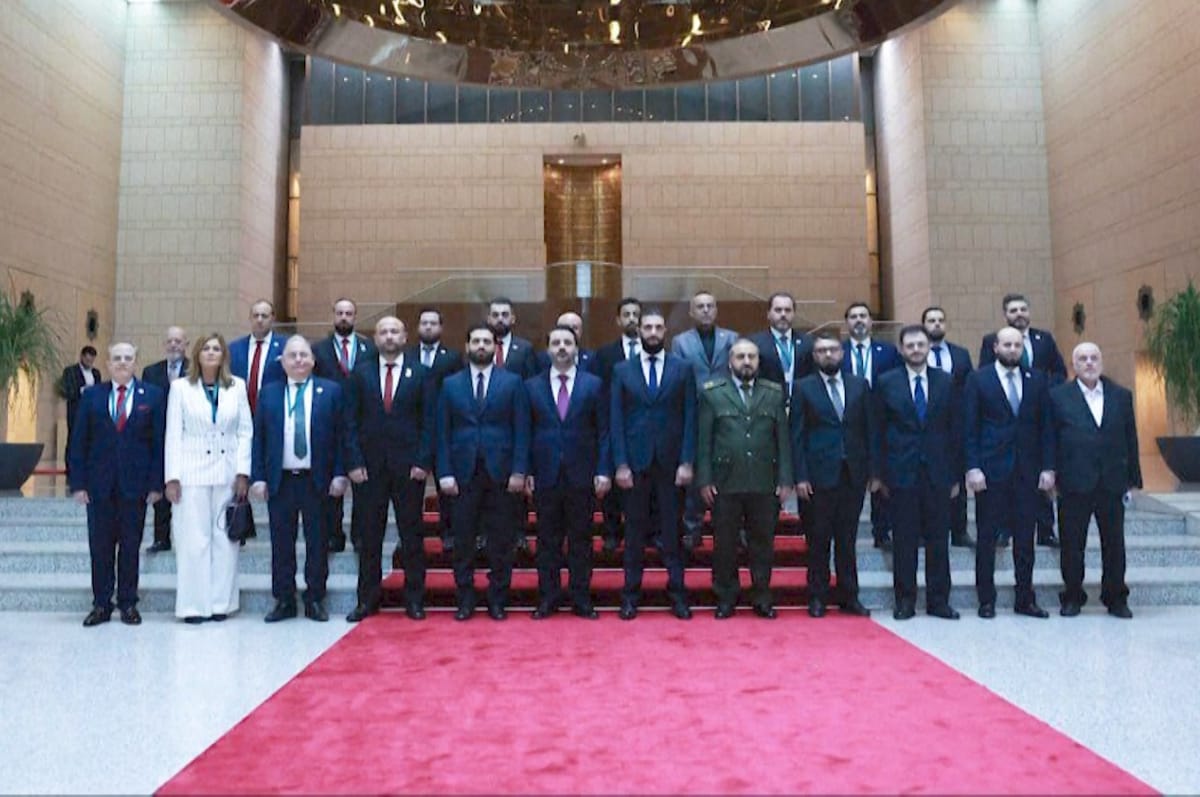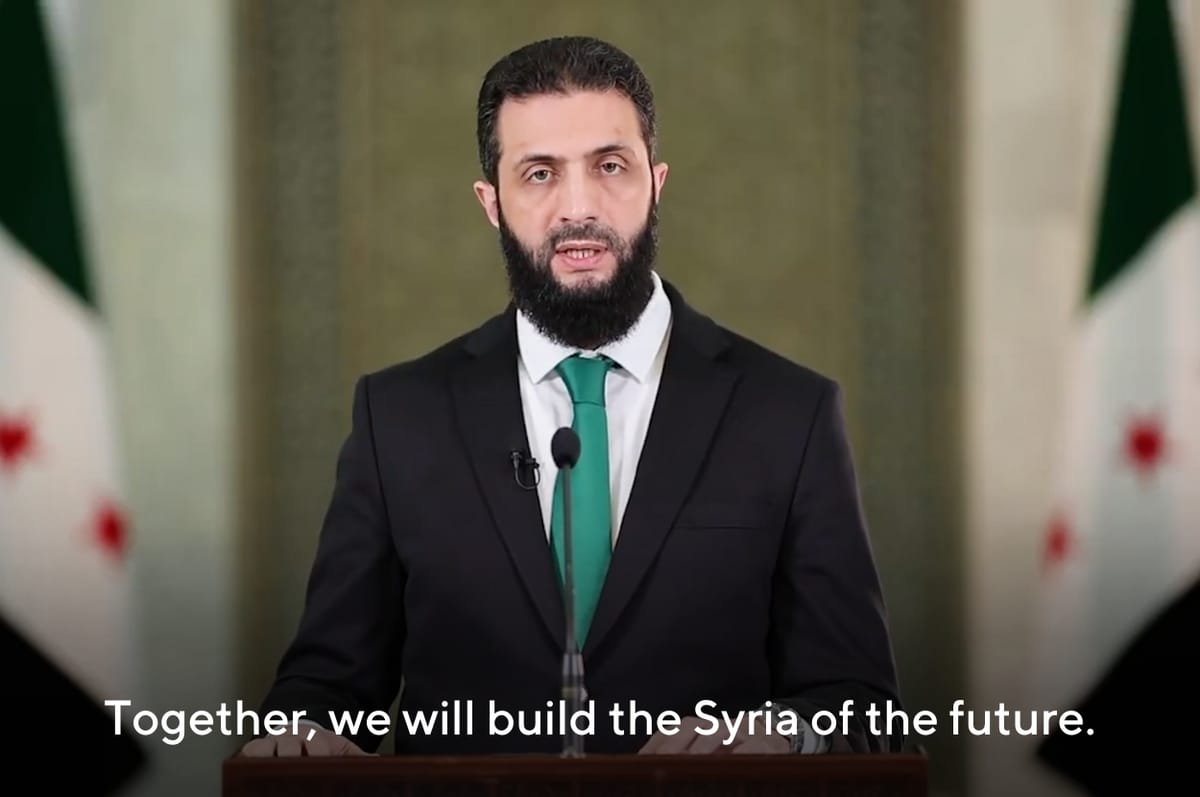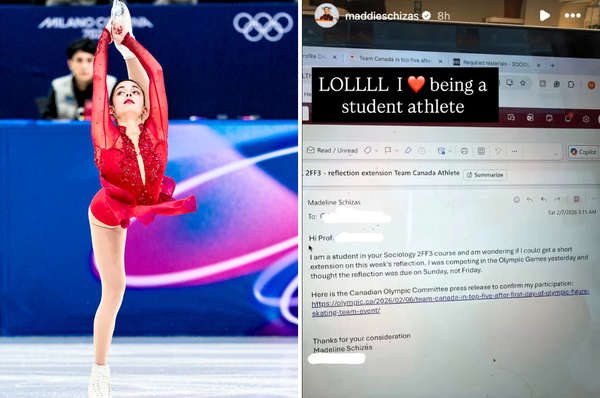For The First Time In 58 Years, Syria’s President Delivered A Speech At The UN About Rebuilding The Country
“Syria has transformed from a country that exports crises into a historic opportunity to establish stability, peace and prosperity for Syria and the entire region."
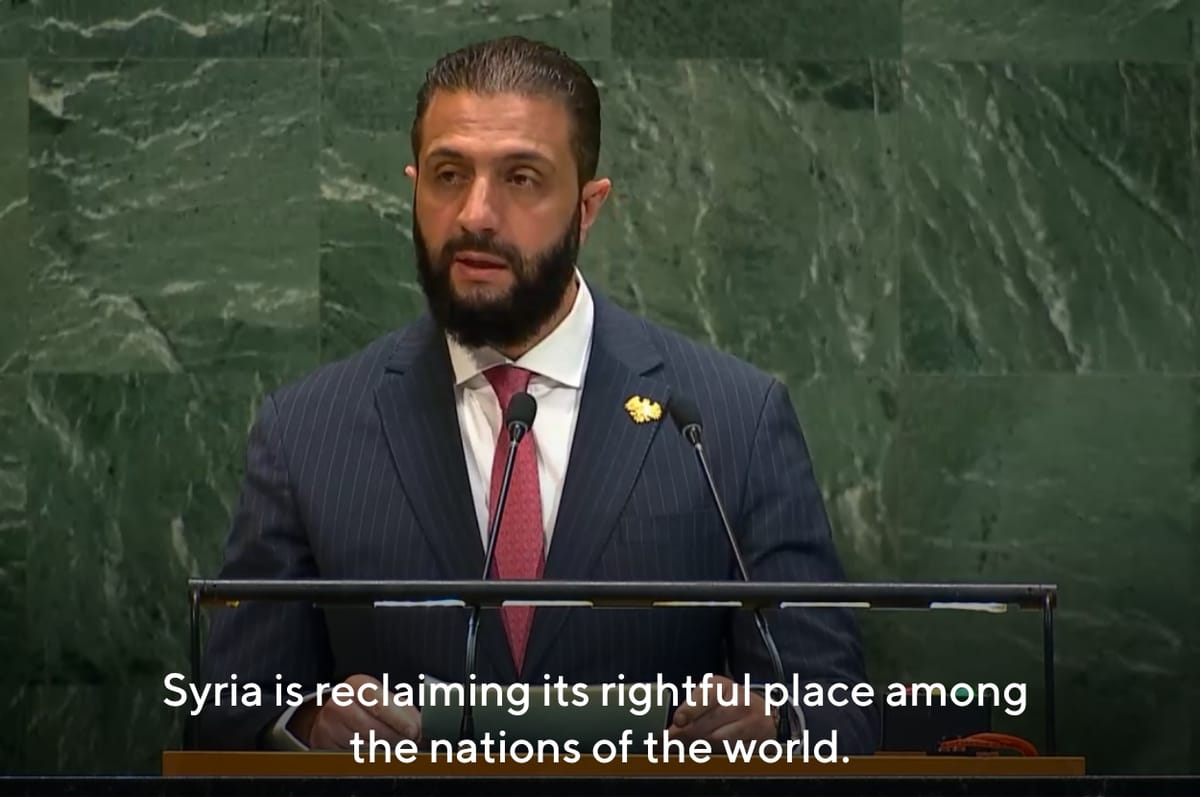
Syria’s interim president Ahmed Al-Sharaa has delivered a speech at the UN General Assembly (UNGA), marking the first time a Syrian president has addressed the UN in nearly 60 years.
On Wednesday, Sept. 24, Sharaa joined the 80th UNGA session in New York, saying “Syria is reclaiming its rightful place among the nations of the world” after years of war and isolation and starting a new era of rebuilding.
In his speech, Sharaa praised the lightning offensive at the end of 2024, in which Syrian people toppled former president Bashar al-Assad’s brutal regime in December.
“Syria has transformed from a country that exports crises into a historic opportunity to establish stability, peace and prosperity for Syria and the entire region,” he said.
Sharaa also warned that some parties are trying to spread strife inside Syria, calling out Israel, which has been continuously attacking Syria and violating its territory since the fall of the Assad regime.
He added that Syria remains committed to the 1974 disengagement agreements with Israel.
He then said that Syria and the Syrian people, after facing years of violence and oppression, understand and support Palestinians in Gaza facing Israel’s genocide.
He also called on countries to lift their sanctions on Syria, which he said were strangling ordinary Syrians, and asked Western countries to “end this collective punishment.”
Countries, including the US, EU and UK had put a range of sanctions on Syria under the Assad regime for its human rights abuses, including banning exports, investments and many financial transactions involving Syria, except for narrow humanitarian exemptions.
Earlier in 2025, the US had removed its sanctions on Syria and the EU removed some economic sanctions, but both the EU and UK still maintain asset freezes, trade bans on sectors like energy and restrictions on transferring funds to regime-linked persons or entities.
